This question is really twofold:
How does
for eachlooping over an Array compare performance-wise with a simpleforloop through its elements?Does a loop guarantee in order traversal? The following code says yes:
var sample_array:Array = []; for (var i:uint = 0; i < 10000; i++) sample_array.push(i); i = 0; for each(var value:uint in sample_array) { sample_array[i++] = value; } trace('in order was:', check_in_order(sample_array)); function check_in_order(array:Array):Boolean { for (var i:uint = 0, l:uint = array.length; i < l; ++i) { if (array[i] != i) return false; } return true; }
but I have heard other (senior-level) engineers swear up and down that the traversal does not always proceed in ascending order! Is this true?
